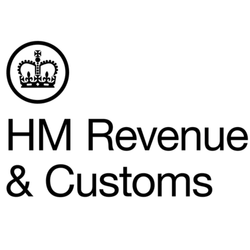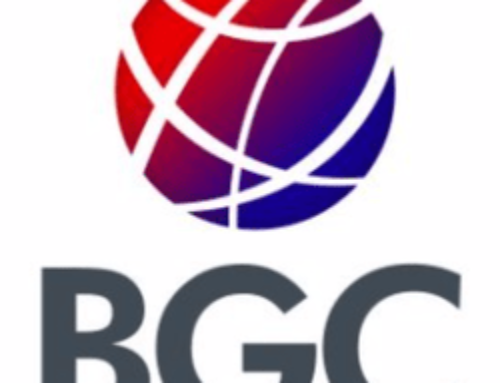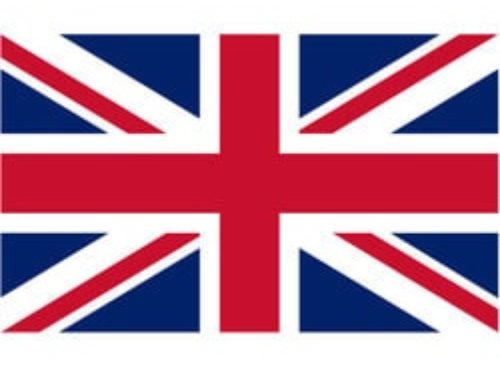 The UK government collected a staggering £3,028,046,000 in duty charges from licenced UK betting, gaming and lottery operators in 2019. This is up from £2,983,676,000 in 2018, which marks a 1.5% increase. This revenue continues to make the argument for the UK’s approach of regulated gambling.
The UK government collected a staggering £3,028,046,000 in duty charges from licenced UK betting, gaming and lottery operators in 2019. This is up from £2,983,676,000 in 2018, which marks a 1.5% increase. This revenue continues to make the argument for the UK’s approach of regulated gambling.
A breakdown of the numbers
The £3 billion is a collective figure across all types of regulated gambling. Here is an overview of the individual sectors and the duty which each one generates:
- General Betting Duty: £595,782,000
- Pool Betting Duty: £5,826,000
- Gaming Duty: £213,904,000
- Remote Gaming Duty: £649,135,000
- Bingo Duty: £32,824,000
- Machine Games Duty: £566,370,000
- Lottery Duty: £964,205,000
While nearly all verticals showed a year-on-year increase in paid duty, the exception is machine games. This dropped from £719,989,000 in 2018 to just over £566 million last year. It is believed that this is a result of the maximum betting limit for fixed-odds betting terminals being reduced from £100 to just £2.
Remote Gaming on the rise
Remote Gaming Duty (RGD) is based on profits made by gaming operators for the games played by UK persons. In the government’s eyes, remote gaming is defined as ‘a game of chance that is played for a prize by remote communication via any kind of electronic or other technology for facilitating communication.’
In 2016, the total Remote Gaming Duty was £349 million, generated by operators like Betfair, Mr Green, and others. Now it stands at £649 million. In terms of year-on-year increases, this is the fastest growing vertical within the UK gambling industry. However, part of this can be attributed to the UK government increasing the amount operators must pay. Prior to April 2019, RGD was 15% of an operator’s profits. That increased to 21% last year.
With many online casino operators and software providers posting increases in revenue for the first quarter of 2020, and the limited sports betting options this year, several analysts predict that the remote gaming will generate record duties once more this year.
The Gambling Commission has already reported that online gaming has increased over the first four months of 2020, and it’s in a position to maintain this dominance for the foreseeable future. While it’s unlikely to eclipse the duty earned from lotteries, remote gaming is clearly the second best earner for the government’s coffers, and the industry continues to go from strength to strength.






Leave A Comment